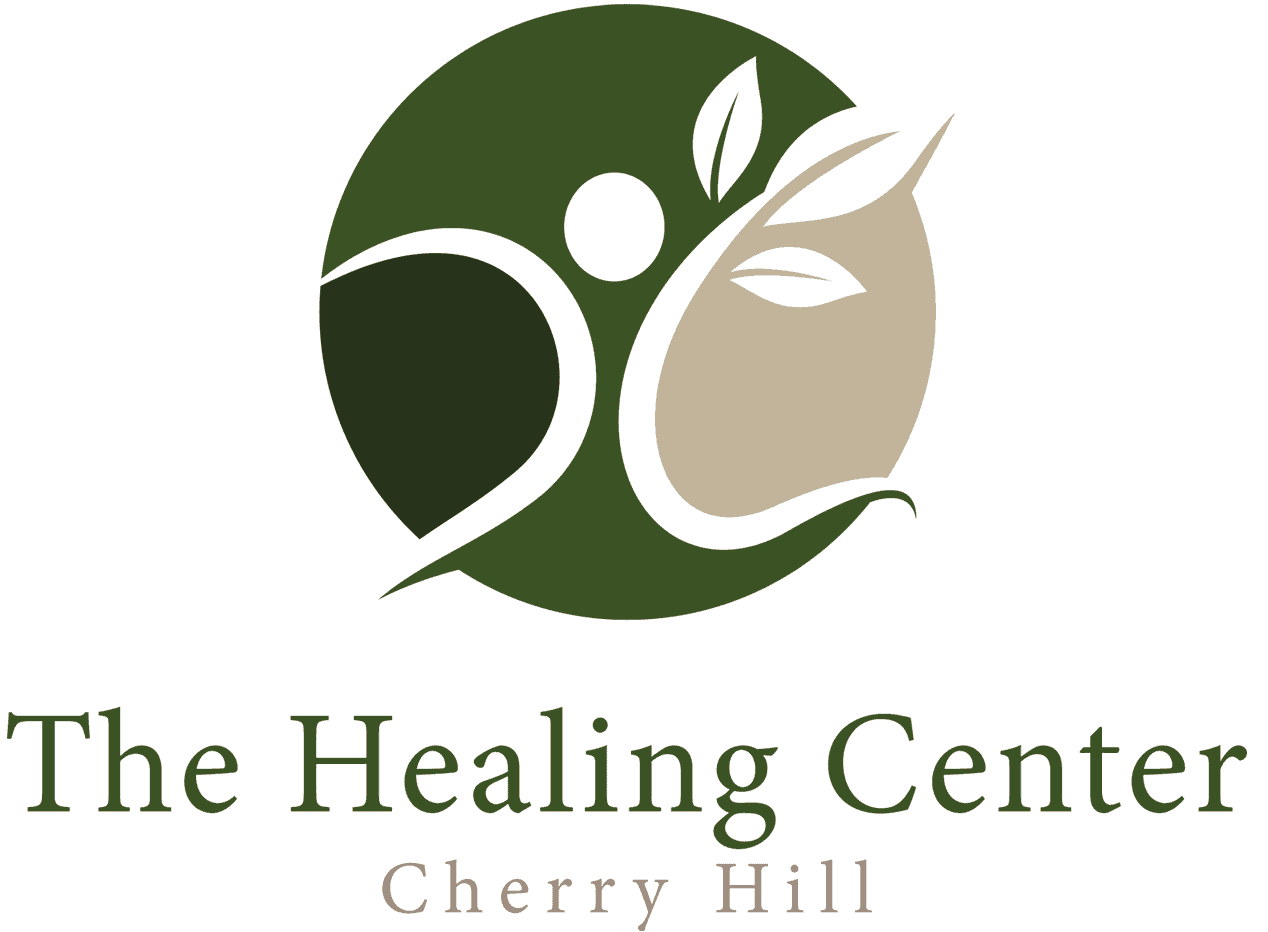Benzodiazepines, commonly referred to as “benzos,” are a class of psychoactive drugs prescribed to treat a range of conditions, including anxiety, insomnia, and seizures. While these medications can be effective when used as directed by a healthcare professional, they also carry a high risk of abuse and addiction. Recognizing the signs and symptoms of benzodiazepine abuse is crucial for early intervention and treatment. In this article, we’ll delve into the various indicators of benzodiazepine abuse, shedding light on this pressing issue.
Understanding Benzodiazepines
Before delving into the signs of abuse, it’s important to understand what benzodiazepines are and how they work. These medications act on the central nervous system, enhancing the effects of a neurotransmitter called gamma-aminobutyric acid (GABA). This results in a calming effect, making benzodiazepines effective for managing anxiety, promoting relaxation, and inducing sleep.
However, benzodiazepines also produce feelings of euphoria and relaxation, which can lead to misuse and dependence, particularly when taken in higher doses or for longer periods than prescribed. Common benzodiazepines include Xanax, Ativan, Valium, and Klonopin, among others.
Signs and Symptoms of Benzodiazepine Abuse
The signs and symptoms of benzodiazepine can vary depending on an individuals length of use, dosage, body chemistry and other factors. However, some indicators are clear red flags. Below are some common signs and symptoms of benzodiazepine abuse and addiction.
Physical Symptoms:
- Drowsiness and sedation: Excessive sleepiness or appearing groggy and lethargic.
- Slurred speech: Difficulty articulating words clearly.
- Impaired coordination: Clumsiness, unsteady gait, or difficulty maintaining balance.
- Respiratory depression: Shallow breathing or slowed respiratory rate.
- Nausea and vomiting: Digestive disturbances and gastrointestinal discomfort.
- Headaches: Frequent or persistent headaches without an apparent cause.
- Muscle weakness: Decreased muscle tone or strength.
Behavioral Changes:
- Increased secrecy: Attempts to hide or conceal benzodiazepine use.
- Social withdrawal: Avoidance of social interactions or previously enjoyed activities.
- Mood swings: Unpredictable changes in mood, including irritability, agitation, or euphoria.
- Impaired judgment: Engaging in risky behaviors or making poor decisions.
- Neglect of responsibilities: Neglecting work, school, or family obligations.
- Financial problems: Difficulty managing finances due to spending on benzodiazepines.
- Changes in sleep patterns: Insomnia or excessive sleepiness during the day.
Psychological Symptoms:
- Anxiety and panic attacks: Paradoxical reactions where anxiety worsens despite benzodiazepine use.
- Memory impairment: Difficulty remembering recent events or conversations.
- Confusion and disorientation: Feeling mentally foggy or confused.
- Depression: Persistent feelings of sadness, hopelessness, or despair.
- Suicidal thoughts: Increased risk of suicidal ideation or self-harm.
Tolerance and Dependence:
- Increased tolerance: Requiring higher doses of benzodiazepines to achieve the desired effects.
- Withdrawal symptoms: Experiencing discomfort or distress when attempting to cut down or stop benzodiazepine use, including rebound anxiety, insomnia, tremors, and seizures.
- Drug-seeking behavior: Preoccupation with obtaining and using benzodiazepines, even at the expense of personal relationships or wellbeing.
- Inability to quit: Persistent efforts to quit or reduce benzodiazepine use without success.
Physical Health Consequences:
- Respiratory depression: Life-threatening suppression of breathing.
- Cardiovascular problems: Irregular heart rate, low blood pressure, or cardiac arrest.
- Liver damage: Hepatotoxicity from prolonged benzodiazepine use.
- Cognitive impairment: Long-term cognitive deficits, including memory impairment and decreased attention span.
- Increased risk of accidents: Impaired coordination and judgment leading to falls, injuries, or motor vehicle accidents.
Treatment for Benzodiazepine Abuse
Benzodiazepine abuse is a complex issue that requires comprehensive treatment to address physical dependence, psychological factors, and behavioral patterns. Treatment for benzodiazepine abuse typically involves a combination of medical intervention, therapy, and support services tailored to individual needs.
The first step in treating benzodiazepine abuse is often medical detoxification, which involves gradually tapering off the drug under medical supervision to minimize withdrawal symptoms and reduce the risk of complications such as seizures. Detoxification should be conducted in a specialized facility or under the care of a healthcare professional experienced in managing benzodiazepine withdrawal.
During detoxification, medications may be administered to alleviate withdrawal symptoms and manage cravings. These medications may include other benzodiazepines with longer half-lives, such as diazepam (Valium), which can be tapered more gradually, or other medications such as beta-blockers or anticonvulsants to manage symptoms like anxiety, tremors, and seizures.
Once detoxification is completed, individuals with benzodiazepine abuse may benefit from various therapeutic interventions to address underlying psychological issues, learn coping skills, and prevent relapse. Some common therapeutic approaches include:
- Cognitive Behavioral Therapy (CBT): CBT helps individuals identify and change unhealthy thought patterns and behaviors related to benzodiazepine use. It focuses on developing coping strategies to manage cravings, stress, and triggers for substance abuse.
- Motivational Interviewing (MI): MI is a client-centered approach that helps individuals explore their ambivalence about change and enhance their motivation to engage in treatment and recovery. It involves collaborative goal-setting and exploring the pros and cons of substance use versus abstinence.
- Dialectical Behavior Therapy (DBT): DBT combines cognitive-behavioral techniques with mindfulness practices to help individuals regulate emotions, improve interpersonal skills, and tolerate distress without resorting to substance use.
- Support Groups: Participation in support groups such as Narcotics Anonymous (NA) or SMART Recovery provides individuals with peer support, encouragement, and accountability in their recovery journey. These groups offer a safe space to share experiences, receive guidance, and build a supportive network of individuals facing similar challenges.
- Family Therapy: Involving family members in therapy can help improve communication, address family dynamics that may contribute to substance abuse, and provide a supportive environment for recovery.
Finding Help For The Signs And Symptoms of Benzodiazepine Abuse
Benzodiazepine abuse poses significant risks to physical, psychological, and social wellbeing. Recognizing the signs and symptoms of benzodiazepine abuse is essential for early intervention and preventing the escalation of substance misuse into addiction. If you or someone you know is struggling with benzodiazepine abuse, it’s crucial to seek professional help promptly.
Treatment options may include detoxification, therapy, and medication-assisted treatment. Remember, recovery is possible with the right support and resources. Contact The Healing Center in Cherry Hill, NJ in order to get the help that you or your loved one deserves.







